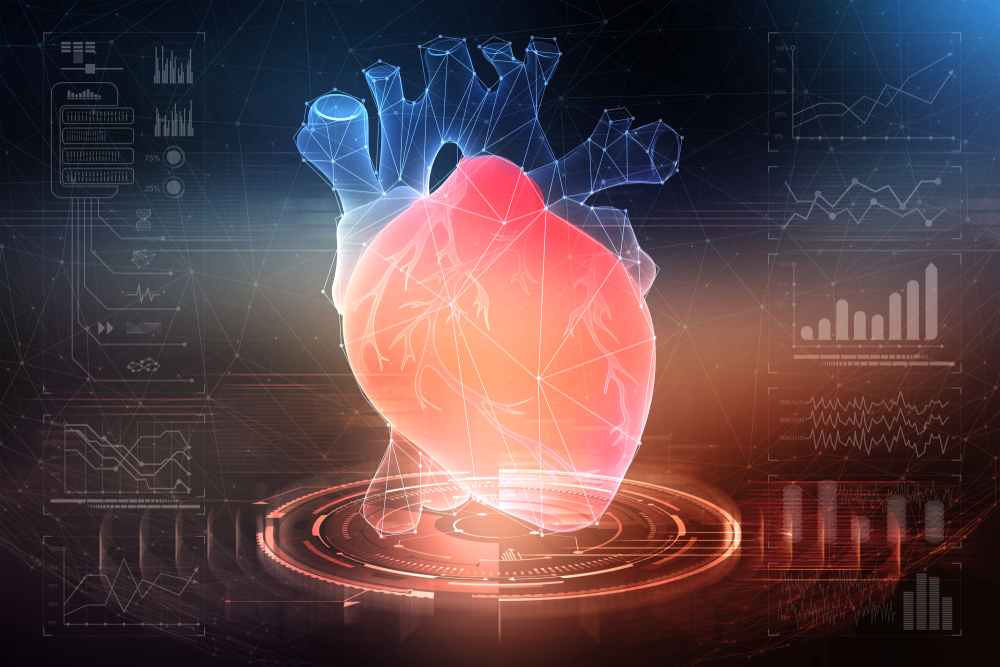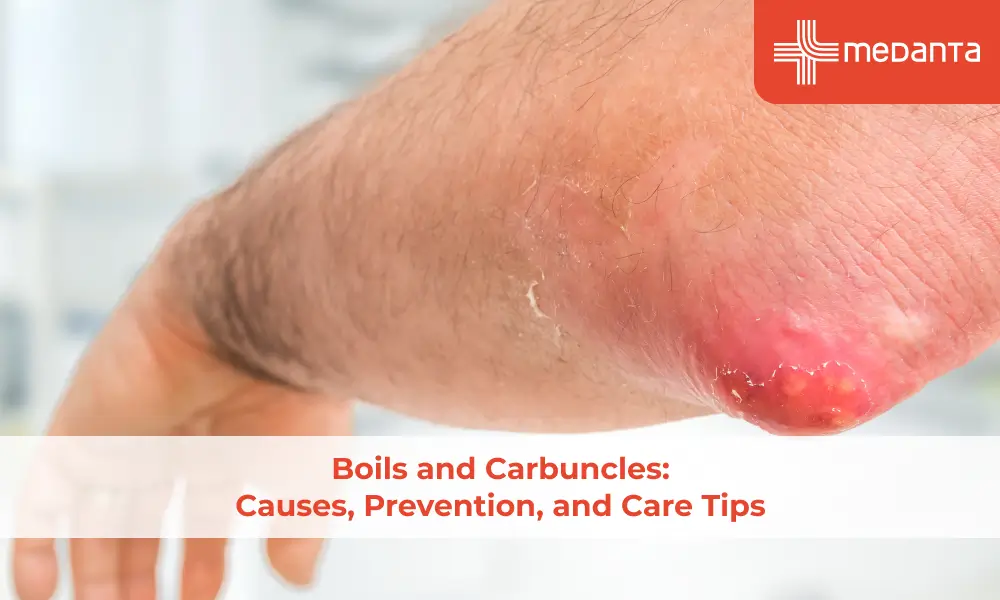Heart Valve Diseases: Causes, Symptoms, and Treatment

What are heart valve diseases?
What are heart valve diseases?
The heart is a fascinating organ. It is a well-designed mechanical masterpiece. The heart pumps blood by collecting it in tiny cavities and then pushing it out with full force. Unlike the water pumps, driven by turbines that work only for flow in one direction, the contraction does not have a direction, and the force is equally distributed as the pressure in all directions. This means that the system needs valves that close tightly against the pressure of pumping to prevent backflow.
The heart’s inner lining, called the endocardium, protrudes as flaps to form the valves. Multiple flaps close in the direction of force and prevent backflow. When these flaps do not close properly or leak, the valve can no longer control the flow, and energy from the heart is wasted in pumping. The atria also start feeling the pressure from the powerful ventricular contractions.
Where are the valves in the heart?
There are four main valves in the heart—two at the junction of the atria and ventricles. The right side valve is called the tricuspid valve because it has three flaps that close, and the left side is called Mitral or the bicuspid valve because it has two flaps that close. Then there are two more valves at the mouth of the aorta and the pulmonary artery. These valves prevent blood from flowing back to the ventricle when it relaxes after contraction. These are half-moon shaped and so are called semilunar valves. They are independently called the aortic and pulmonary valves, based on their location.
To understand how blood flows in the heart, read our article here. Read more about the blood circulatory system and its functions here.
How common is heart valve disease?
Heart valve disease affects about 2-3% of the population. The occurrence is mostly in older adults. One of the most common problems is mitral valve prolapse, which causes the regurgitation of blood from the left ventricle to the left atrium.
What are the symptoms of heart valve diseases?
All cases of heart valve disease may not always have symptoms. With time, some conditions worsen and start showing symptoms. When signs and symptoms do occur, they usually are:
- Shortness of breath or dyspnea Read more
- Palpitations (awareness of a fast heartbeat or a skipped beat). Read more
- Swelling in feet or abdomen, especially in tricuspid regurgitation (oedema). Read more
- General weakness Read more
- Sudden weight gain. Read more
- Fainting Read more
- Irregular heartbeats Read more
What are the types of heart valve diseases?
Valve diseases are divided based on the type of problem they create. Therefore, the location could be on any valve with varying degrees of probability.
- Valvular stenosis
When the flaps forming the valve become thicker, they do not open entirely and narrow the opening through which blood can flow when the valve is in the open position. When the reduction in blood volume crosses a threshold, it starts showing symptoms of cardiac insufficiency.
- Valvular insufficiency
Insufficiency or regurgitation is another term for leaky valve, meaning the valve cannot close completely, leaving an opening even when it is completely closed. This causes backward flow and affects the heart's pumping efficiency by making it do the same job multiple times. Finally, mitral valve prolapse is a condition when the valves arch back into the atria when the ventricle contracts.
- Valvular atresia
This is usually a congenital or birth defect and is caused when the heart doesn't form correctly before birth.
What causes heart valve defects or diseases?
Heart valve diseases may be congenital or inborn. They may also be acquired over time as a person ages. Some infections also play a role in the rapid destruction of valves by overactivity of the immune response.
- Untreated rheumatic fever with a streptococcal throat infection
- Heart attack
- High blood pressure
- Degeneration or calcium deposition
- Aortic aneurism or swelling that stretches the valve flaps
- Heart failure
- Infection in the heart
What tests are usually done to diagnose or confirm a heart valve disease?
- Echocardiogram (through a chest probe or a probe through your food pipe). Read more
- Exercise stress echocardiogram (to study response to exercise). Read more
- Chest X-Ray Read more
- Angiogram - studying blood flow using injected dye and X-rays. Read more
- ECG Read more
- Magnetic resonance imaging Read more
What treatments are available for heart valve diseases?
The treatment depends on the exact cause, severity, location, and type of valve problem you suffer from. After this is confirmed using the diagnostic tests mentioned above, the doctor will recommend the best treatment with the following considerations in mind:
- Preventing further damage
- Medications preferred over surgical correction, especially in older people
- Regular follow-up to study the progress of the condition
The surgical corrections may include:
- Heart valve repair - includes procedures like repairing holes, separating fused parts, giving support to the valve, or removing excess tissue. Read more
- Heart valve replacement - involves the replacement of the valve with either a mechanical or tissue-based valve. Mechanical valves require lifelong blood thinners to prevent clots from forming. As they break down, tissue-based valves need replacement from time to time (every 10-15 years). Read more
Do valve defects interfere with a normal pregnancy?
Valve defects can interfere with pregnancy because your heart may not be able to cope with the increased demand for oxygen in an already stressed body. Therefore, it is best to consult your doctor and get corrective treatments or recommendations before trying to get pregnant.
What happens if I leave valve disease untreated?
Untreated heart disease can result in strokes, heart attacks, eventual heart failure, or the formation of blood clots that cause damage to other organs.
What can you do to reduce the chance of heart valve diseases?
- Get prompt treatment for infection, especially when they involve throat pain.
- Be physically active and follow a healthy lifestyle
- Take medication for high blood pressure or high blood sugar






